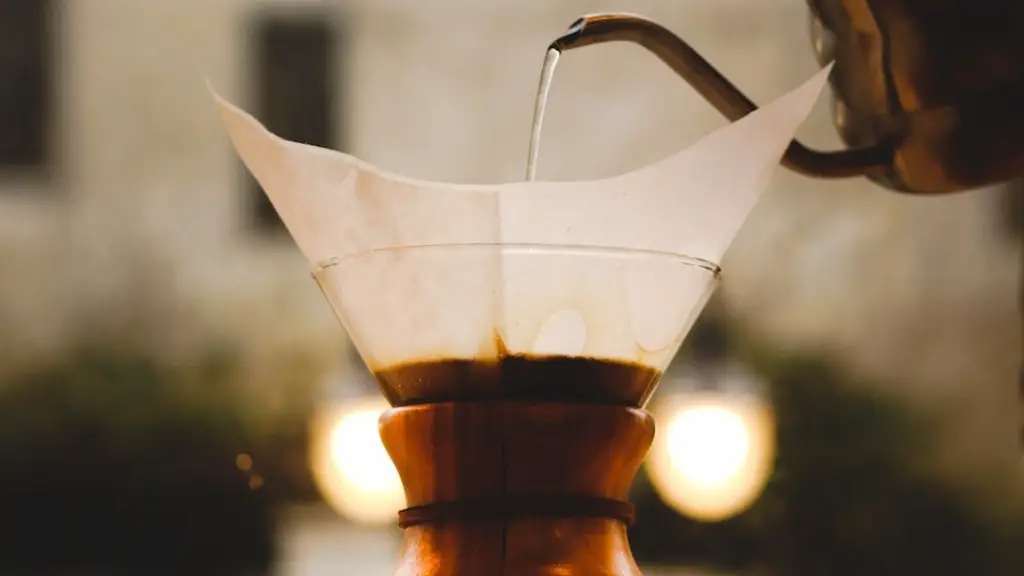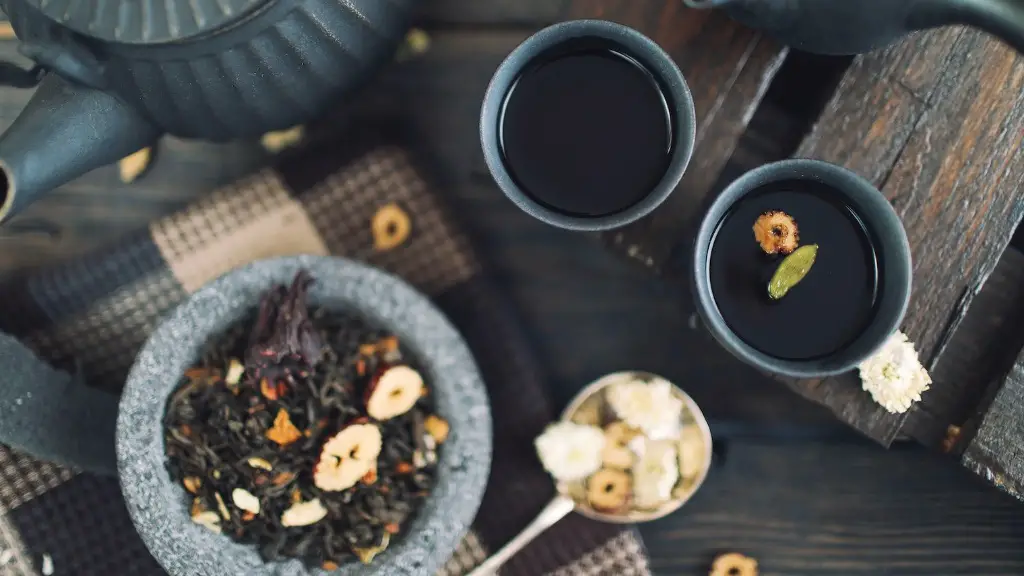A Textbook Example of How Coffee Impacts Oral Health
The debate on whether or not to brush your teeth after drinking coffee is an old one, with many conflicting opinions. But what does science have to say? Does drinking coffee before brushing your teeth lead to more cavities, erode your enamel, or not make much of a difference? Let’s take a look at the research to see what we can learn.
First, let’s look at what most dentists will tell their patients. Coffee is a catalyst for staining teeth. The tannins and pigments in coffee are deeply embedded into tooth enamel and is hard to remove. As we continue to sip on our morning cup of joe, the acid it contains can damage our teeth over time, leading to enamel erosion and eventually, cavities. In addition, when paired with sugar and other creams, the effects are even more drastic, increasing the risk of tooth decay.
So, the conclusion here is simple, brushing your teeth immediately after drinking coffee can help protect them from acid erosion and reduce the likelihood of cavities. But what about other measures?
Frequent water drinking and increasing your oral care before and after drinking coffee can be little additional helpful habits that could potentially help prevent damage from coffee. Drinking a glass of water after coffee is a great way to help neutralize the acid content in your mouth and wash away some of the tannins and pigments left over. In addition, you should also consider reducing your consumption of coffee if you do not brush your teeth right after consumption.
Expert Opinion on Coffee Consumption
Experts recommend that the best way to protect teeth is to brush right after drinking coffee. It’s important to note that brushing your teeth in the morning or at night is not sufficient and should not replace brushing your teeth after coffee. The American Dental Association recommends that brushing twice daily is the best way to prevent cavities and protect our teeth in the long term.
However, brushing right after drinking coffee might not be for everyone. Some people don’t want to immediately brush their teeth after drinking coffee, simply out of convenience or preference. For these people, experts recommend drinking a glass of water after every cup of coffee. This helps neutralize the acid in the mouth and rinse away some of the tannins and pigments left over from drinking the coffee.
If You Can’t Brush, What Else?
If brushing your teeth after coffee isn’t for you, there are still other measures you can take to protect your teeth. Eating fiber-rich foods like apples can help scrub away plaque and protect teeth. Eating hard cheese also helps to neutralize the acid in the mouth and replenish calcium.
Eliminating sugary foods and drinks like candy or sodas can also help protect your teeth, since sugary foods and drinks help fuel the bacteria that form cavities in your tooth enamel. Lastly, reducing your intake of coffee, or switching to decaf, can also help protect your teeth and reduce the potential risks of drinking coffee.
Dental Care Routine and Frequency
No matter if you brush your teeth after coffee or not, it’s still important to develop a solid oral hygiene routine and visit the dentist regularly. Dentists recommend scheduling regular dental check-ups at least twice a year. This helps with early detection of cavities and other common dental problems.
In terms of oral hygiene hygiene routine, brushing twice a day with a fluoride toothpaste, flossing, and using a mouth rinse are all essential components of a healthy routine.
Impact of Certain Beverages
In general, acidic beverages like coffee, sports drinks, energy drinks, fruit juices, and soda can cause problems for our teeth. While these drinks may be tasty or have some health benefits, they can be damaging to our teeth if consumed in excess.
That’s why it’s so important to pay attention to our oral health, not just when we’re drinking acidic drinks, but also after consuming them. In addition, experts recommend eating a balanced diet and drinking plain water instead of sugary drinks whenever possible.
Alternatives to Coffee
If you’re worried about the impact of drinking coffee on your teeth, there are several alternatives that don’t have the same negative effects. Decaffeinated tea, herbal tea, and green tea are all excellent options that contain health benefits and have a lower acidity level than coffee.
In addition, some people use plant-based milk alternatives like almond or oat milk to make their coffee, as these don’t have the same acid and staining effects as cow’s milk. Lastly, if you’re looking for a caffeine-free alternative, there are several chicory-based coffees on the market that give the same flavor and aroma profile as regular coffee without the harmful effects.
Preventative Habits and Solutions
Whether or not you decide to brush your teeth after drinking coffee, it’s important to take the necessary steps to protect your teeth from the damaging effects of the beverage. Making habits like drinking a glass of water after your morning cup of coffee, using fluoride toothpaste, flossing, and visiting the dentist twice a year can all help protect your teeth and keep them healthy.
At the end of the day, the best way to ensure your teeth stay healthy is to balance the consumption of coffee with preventive habits and dental visits. Taking these steps can help ensure your teeth remain strong and healthy for years to come.

